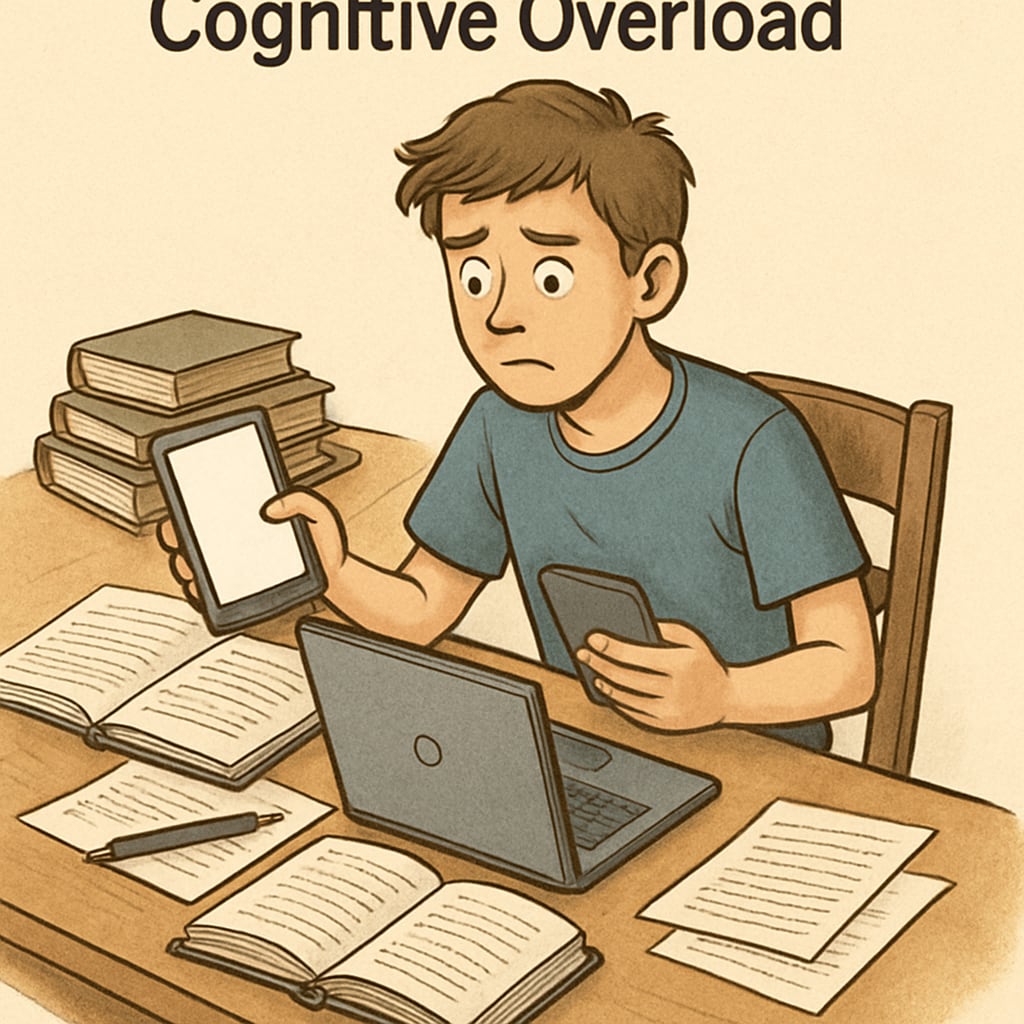In today’s digital age, the pervasive presence of technology in K12 education has raised significant concerns about its impact on children’s mental health and cognitive development. While technology offers undeniable benefits in enhancing learning and connectivity, the overuse of digital devices can lead to technology addiction, impairing a child’s emotional well-being and academic progress. This article delves into the risks associated with excessive technology use in K12 students and offers practical strategies for parents to manage and mitigate these challenges.
The Psychological Impact of Technology Overuse on Children
Excessive screen time can have profound psychological effects on children. Research shows that prolonged engagement with digital devices may lead to increased anxiety, depression, and social isolation. For example, children who spend hours on social media or video games often experience reduced face-to-face interactions, which are crucial for developing emotional intelligence and social skills. Additionally, the constant exposure to online content can overstimulate their brains, disrupting sleep patterns and exacerbating stress levels.
Moreover, technology overuse can create dependency, where children feel compelled to check their devices constantly, leading to a condition often referred to as “technology addiction.” This addiction not only affects their emotional health but also their ability to focus and regulate emotions effectively.

Cognitive Development Challenges in the Digital Era
Beyond psychological effects, technology overuse poses significant risks to children’s cognitive development. Studies suggest that excessive screen time can impair attention spans, critical thinking, and problem-solving abilities. For younger children, who are in critical stages of brain development, the lack of hands-on, sensory-rich experiences due to excessive reliance on screens can hinder cognitive growth.
For instance, interactive educational apps may promise learning benefits, but they often fail to replicate the depth of understanding achieved through traditional methods, such as reading books or engaging in hands-on activities. Furthermore, multitasking—common among children juggling apps, games, and schoolwork—can reduce their ability to focus deeply on a single task, ultimately impacting academic performance.

Effective Parental Strategies to Counter Technology Addiction
To address the challenges posed by technology overuse, parents can adopt proactive and collaborative strategies. Here are some effective approaches:
- Set Clear Boundaries: Establish screen time limits based on age and educational needs. For example, the American Academy of Pediatrics recommends no more than two hours of recreational screen time per day for school-aged children.
- Encourage Offline Activities: Promote hobbies such as reading, sports, or arts and crafts that stimulate creativity and physical engagement.
- Model Responsible Technology Use: Children often mimic their parents’ behavior. Demonstrating a balanced approach to technology use can influence their habits positively.
- Create Tech-Free Zones: Designate areas in the home, like the dining room or bedrooms, as technology-free spaces to foster face-to-face interactions and better sleep hygiene.
- Foster Open Communication: Discuss the pros and cons of technology with your children, helping them understand its potential risks and benefits.
By implementing these measures, parents can create a supportive environment that encourages healthier technology use while addressing the root causes of technology addiction.
The Role of Schools and Educators
Schools also play a crucial role in mitigating the negative effects of technology overuse. Educators can incorporate balanced tech-based and traditional teaching methods to ensure students benefit from both digital and offline learning experiences. Additionally, schools can organize workshops for parents and students, raising awareness about the psychological and cognitive impacts of technology.
By fostering collaboration between parents and educators, a comprehensive approach can be developed to address the challenges of technology addiction effectively.
Readability guidance: This article uses short paragraphs, lists to summarize key points, and a balance of academic and accessible language to enhance understanding. Transition words like “for example,” “in addition,” and “as a result” are incorporated throughout to maintain a smooth flow.


